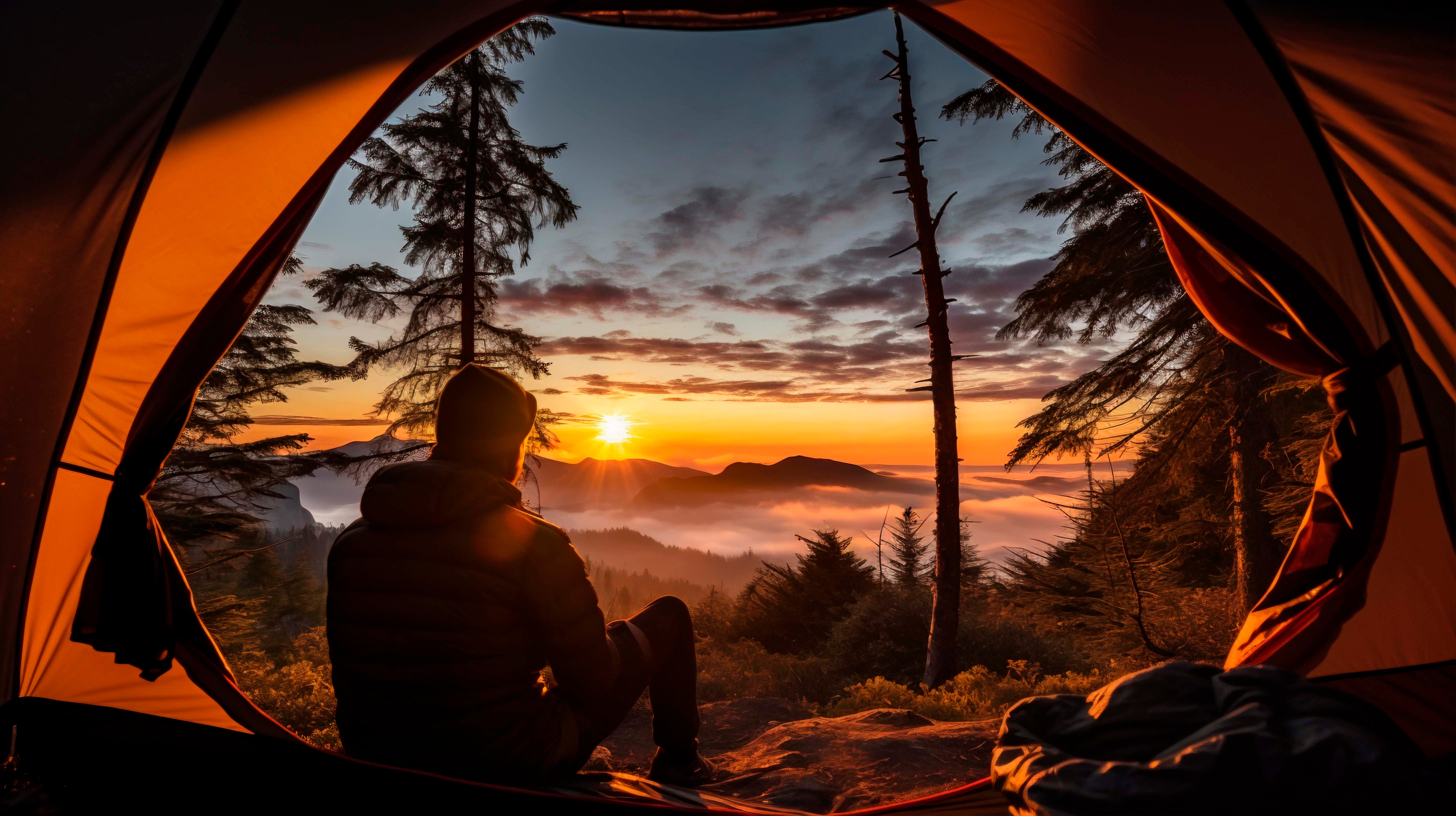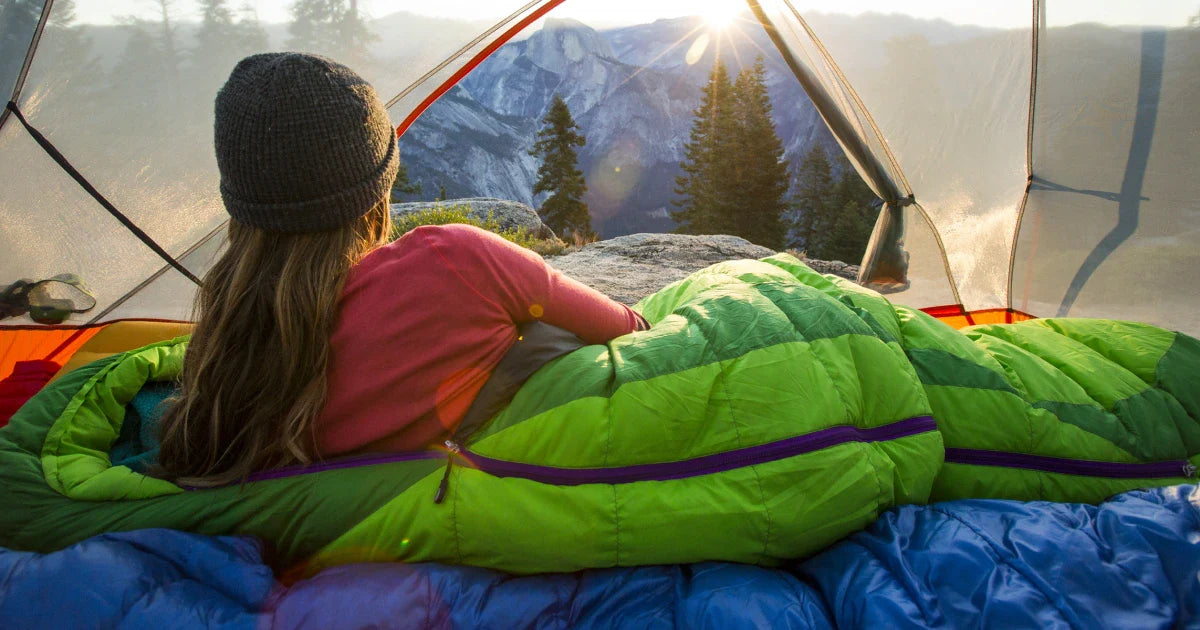
Hiking vs Trekking Difference: Understanding the Distinctions
When it comes to exploring the great outdoors, two popular activities come to mind: hiking and trekking. While these terms are often used interchangeably, they refer to distinct types of outdoor adventures. Understanding the differences between hiking and trekking can help you choose the right activity for your fitness level, interests, and experience. In this comprehensive guide, we'll delve into the key differences, the unique benefits of each, and tips for making the most of your outdoor adventures.
Defining Hiking and Trekking
What is Hiking?
Hiking refers to walking on established trails or paths for recreational purposes. These trails can vary in length, difficulty, and terrain, but they are typically well-marked and maintained. Hiking is usually a day activity, but it can also extend into multi-day trips with overnight stays in designated campsites or huts.
What is Trekking?
Trekking, on the other hand, is a more rigorous form of walking that usually takes place over multiple days in remote and rugged terrains. Treks often cover greater distances than hikes and may not follow established trails. Trekking involves more preparation, including carrying supplies and camping gear, and often requires a higher level of physical fitness and endurance.
Read Also: Trekking Essentials 2024: Must-Haves for Your First Hike
Key Differences Between Hiking and Trekking
Duration and Distance
- Hiking: Generally lasts from a few hours to a full day, with distances ranging from a couple of miles to over ten miles in a day. Multi-day hikes are also possible but are less common.
- Trekking: Typically spans multiple days to several weeks, covering significant distances each day. Treks often accumulate to many miles over the course of the journey.
Terrain and Difficulty
- Hiking: Takes place on well-marked and maintained trails, which can vary in difficulty from easy to challenging. Trails are usually in national parks, nature reserves, and accessible outdoor areas.
- Trekking: Involves more challenging terrains such as mountains, forests, and remote regions. Treks often include steep ascents, descents, and unpredictable weather conditions, requiring greater physical and mental endurance.
Gear and Preparation
- Hiking: Requires basic gear such as sturdy shoes, a daypack, water, snacks, and weather-appropriate clothing. Preparation is relatively straightforward.
- Trekking: Necessitates extensive gear, including a heavy-duty backpack, sleeping bag, tent (if not staying in lodges), cooking equipment, and specialized clothing. Preparation involves thorough planning and often, physical conditioning.

Read Also: How Trekking Poles & Sticks Can Transform Your Hiking Experience
Accessibility and Infrastructure
- Hiking: Accessible to most people, with numerous trails located near urban areas and popular tourist destinations. Trails are often well-maintained with clear signage and support facilities.
- Trekking: Typically occurs in remote and less accessible regions with minimal infrastructure. Trails may be unmarked, requiring navigation skills, and support facilities are limited or non-existent.
Benefits of Hiking
Physical Health
- Cardiovascular Fitness: Hiking is an excellent cardiovascular workout that strengthens the heart and lungs.
- Muscle Strength: Walking on varied terrains helps build muscle strength, particularly in the legs and core.
- Weight Management: Regular hiking can help maintain a healthy weight by burning calories.
Mental Health
- Stress Relief: Being in nature and away from urban environments can significantly reduce stress levels.
- Improved Mood: Physical activity and exposure to natural light boost endorphin levels, enhancing mood and well-being.
- Mental Clarity: The rhythmic nature of hiking can have meditative effects, improving focus and mental clarity.
Social and Recreational
- Accessibility: Hiking trails are widely available and cater to all fitness levels, making it a versatile activity.
- Social Interaction: Hiking can be a social activity, enjoyed with friends, family, or hiking groups.
- Scenic Enjoyment: Hikers can enjoy breathtaking landscapes, wildlife, and natural beauty.
Benefits of Trekking
Physical Health
- Endurance Building: Trekking over multiple days builds endurance and stamina.
- Full-Body Workout: Carrying a backpack and navigating difficult terrain engages the entire body.
- Altitude Acclimatization: Trekking in high-altitude areas helps the body adapt to lower oxygen levels, improving cardiovascular health.
Read Also: Best Trekking and Hiking Sites in the United States
Mental and Emotional Growth
- Resilience: The challenges of trekking foster mental toughness and resilience.
- Problem-Solving Skills: Navigating remote areas and dealing with unexpected situations enhances problem-solving abilities.
- Cultural Exposure: Trekkers often interact with local communities, gaining unique cultural insights and experiences.
Adventure and Exploration
- Remote Beauty: Treks take you to breathtaking, less-traveled locations that are often inaccessible by other means.
- Sense of Achievement: Completing a trek, especially a challenging one, provides a profound sense of accomplishment.
- Personal Growth: The demanding nature of trekking fosters personal growth and self-discovery.
Tips for Hiking Adventures
Planning and Preparation
- Research the Trail: Understand the trail's difficulty, length, and terrain. Check for any permits required.
- Check the Weather: Be aware of weather conditions and prepare accordingly.
- Pack Essentials: Carry a map, compass, first aid kit, water, snacks, and appropriate clothing.
On the Trail
- Start Early: Begin your hike early to avoid the heat and allow ample time for the return journey.
- Stay Hydrated: Drink water regularly and carry enough for the entire hike.
- Pace Yourself: Walk at a steady pace and take regular breaks to avoid fatigue.
Safety Tips
- Stay on Marked Trails: Avoid straying off the path to minimize the risk of getting lost.
- Wildlife Awareness: Be aware of the local wildlife and know how to react in encounters.
- Sun Protection: Wear sunscreen, a hat, and sunglasses to protect against sunburn.
Tips for Trekking Adventures
Planning and Preparation
- Choose the Right Trek: Select a trek that matches your fitness level and experience.
- Physical Training: Prepare your body with cardiovascular exercises, strength training, and practice hikes.
- Gear Up: Invest in high-quality trekking gear, including a durable backpack, trekking boots, and weather-appropriate clothing.
Read Also: Most Forgotten Camping Items
On the Trek
- Acclimatize: If trekking at high altitudes, spend time acclimatizing to prevent altitude sickness.
- Stay Nourished: Carry and consume enough food and water to maintain energy levels.
- Navigation Skills: Learn to use a map, compass, and GPS device for navigation in remote areas.
Safety Tips
- Travel in Groups: Trekking with others enhances safety and provides support in case of emergencies.
- Emergency Preparedness: Carry a comprehensive first aid kit, a whistle, and a satellite phone or emergency beacon.
- Respect Local Customs: Be mindful of local cultures and traditions, especially when trekking in foreign countries.

Conclusion: Choosing Your Adventure
When deciding between hiking and trekking, consider your fitness level, interests, time availability, and the type of experience you seek. Hiking is perfect for those looking for a shorter, more accessible outdoor activity that can be enjoyed with minimal preparation. It's an excellent way to enjoy nature, boost physical fitness, and relax.
Trekking, however, is ideal for those seeking a more immersive and challenging adventure. It offers the opportunity to explore remote and beautiful landscapes, experience personal growth, and gain cultural insights. While it requires more preparation and endurance, the rewards are profound and long-lasting.
Read Also: How Sleeping Bag Design Can Enhance Your Camping Comfort
Both hiking and trekking have their unique charms and benefits. Whether you choose a leisurely hike or a demanding trek, the key is to enjoy the journey, respect nature, and stay safe. As you plan your outdoor adventures for 2024, remember to consider the differences between hiking and trekking to make the most of your experience. So, lace up your boots, pack your gear, and embark on the adventure that best suits your spirit and aspirations.
Gear up for your next adventure with Trekker Essentials! Whether you're a seasoned trekker or a camping newbie, we have everything you need to make your outdoor experience unforgettable. From top-of-the-line camping gear to the perfect camping tent, Sleeping bags, we've got you covered. Don't miss out on our extensive range of camping essentials and trekking equipment. Discover the best in trekking and hiking essentials and get ready to explore the great outdoors like never before. Visit us today and start your adventure with confidence!








